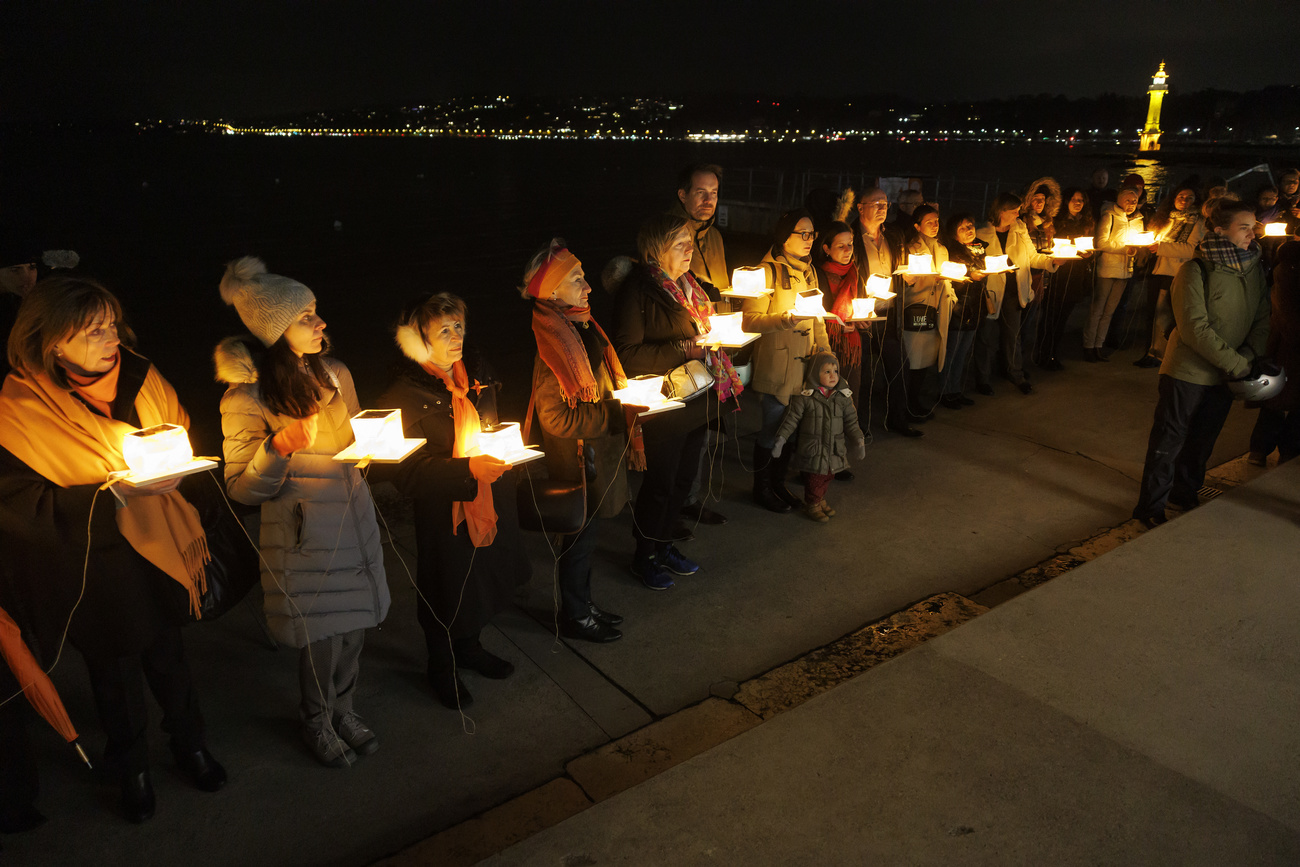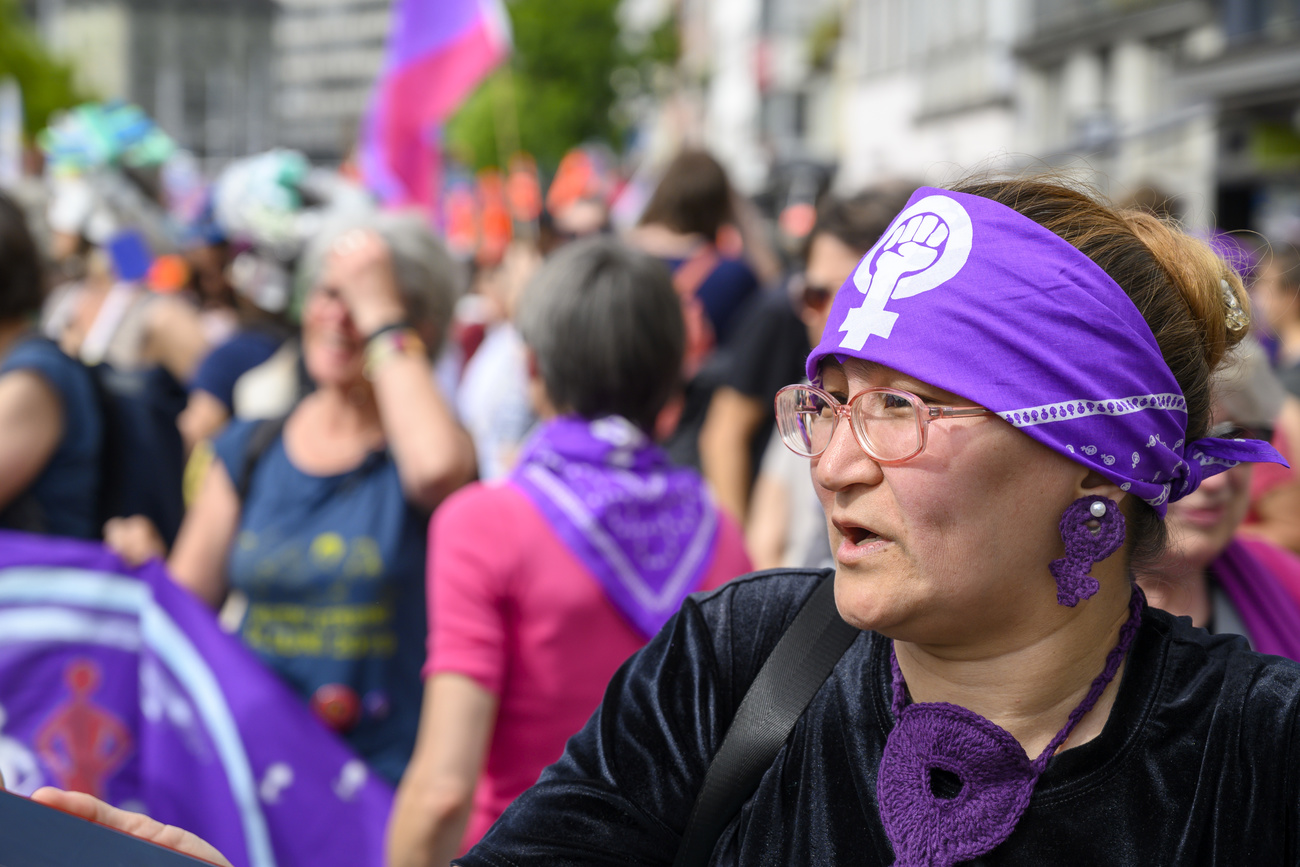
Swiss parliament agrees on new legal definition of rape

Switzerland’s two parliamentary chambers have agreed on a legal revision of the definition of rape to ensure women are adequately protected.
Organisations and campaigners have been urging Switzerland to amend its current law. As in many other countries, the Alpine country only defines rape as forced sex involving violence, threats or psychological pressure. This means that in certain situations, unless victims specifically defend themselves, their aggressor will be charged with “sexual harassment” rather than “rape”.
During earlier debates in Bern, the House of Representatives had been in favour of a “yes means yes” legal revision, which qualifies any non-consensual sex as rape. Meanwhile, the Senate had backed a “no means no” approach to the country’s rape laws, where rape cases are only brought if a person explicitly objects.
Finally, politicians from the two parliamentary chambers agreed on Thursday to a third definition: a “no means no” approach that also takes into account the victim’s state of shock.
+ How a new definition of rape could impact Swiss law
In Switzerland, the Istanbul Convention which is aimed at combating violence against women took effect in 2018. Since then, the country has been working to comply with its requirements but had stopped short of changing the definition of rape. NGOs such as Amnesty International and feminist and women’s rights groups have been pushing for more.

More
Women demand better protection against sexual violence

In compliance with the JTI standards
More: SWI swissinfo.ch certified by the Journalism Trust Initiative

























You can find an overview of ongoing debates with our journalists here . Please join us!
If you want to start a conversation about a topic raised in this article or want to report factual errors, email us at english@swissinfo.ch.